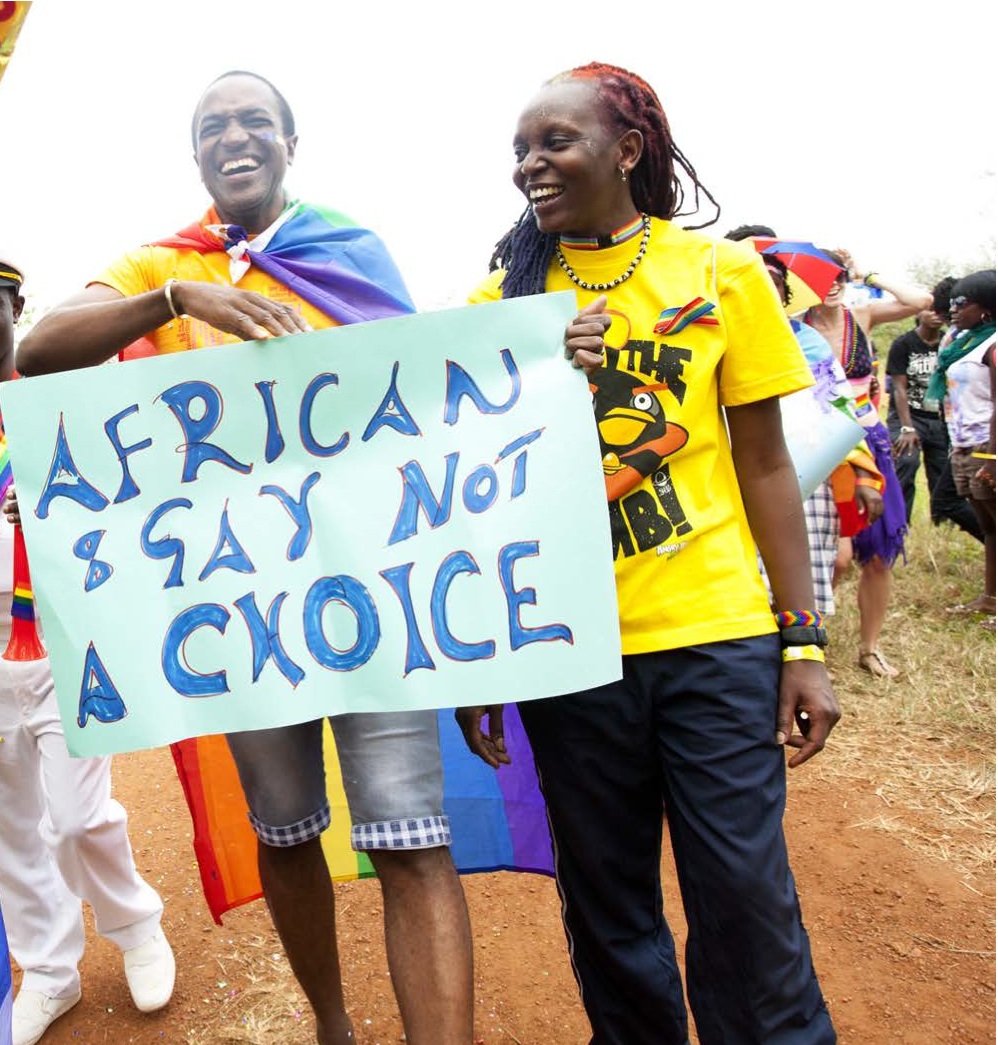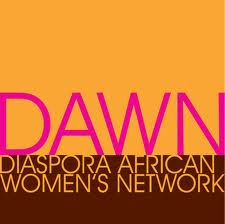Based on how often marginalized people talk about the power of "community", especially within the realm of grassroots activism, one would imagine the non-profit industry would have evolved into a flourishing ecosystem of recyclable free-flowing skills, services, and progressive ideas by now. Yeah, that's not happening. Welcome to the first…
-
-
Afrofeminism - Blog - Gender and LGBT Issues - International Development - LGBT Africa - Movement-Building - Philanthropy - The Political, Personalized - Thought Leadership
Celebrate LGBTI Africa’s Pride Everyday (and Everywhere, Not Just Uganda)
I have witnessed the daily grind of empowerment of black South African lesbians, watched them sink and wade through the cultural stigma that surrounds them like a mist, clouding the world’s perception of their lives as ordinarily human. Thus, I have come to re-affirm my belief that we must also…
-
Afrofeminism - Blog - Creative Corner - Gender and LGBT Issues - Movement-Building - Poetry - Race, Culture, Ethnicity - Thought Leadership
Reflections from a Woman of Color on the War on Women: “My Sisters-in-Arms, We Are Not United”
I'm sharing the remarks I gave at the MA Women United Against the War on Women rally in Boston (in poem-ish form). I found myself thinking about the concept of "unity," and the fact that so many women of color, immigrants, transgender women etc are often left out of mainstream…
-
A Word to the Wise On The Culture of Naming (and Divisive Labels)
I decided to tweet about "The Culture of Naming" one evening, and am sharing the archive via this post. My main point was that naming can be as powerful as it can be silencing, and that we should consider the purpose of them before blanket use; for affinity groups, naming…
-
Advocacy - African Feminism - Afrofeminism - Blog - International Development - New Media - Philanthropy - Thought Leadership
We Are Not Invisible: 5 African Women Respond to the Kony 2012 Campaign
I've compiled a list of responses from African women responding to Kony 2012, a controversial campaign launched recently by Invisible Children to raise awareness of child soldiers in Uganda. I'm amplifying their responses because almost overnight, the web became flooded with so much commentary from western media on the erasure…
Online rulet oyunları gerçek zamanlı oynanır ve online slot casino bu deneyimi canlı yayınlarla destekler.
İnternet üzerinden eğlence bahsegel giriş arayanlar için deneyimi vazgeçilmezdir.
Kullanıcıların hesaplarına hızlı ve sorunsuz bettilt ulaşabilmesi için adresi her zaman güncel tutuluyor.




